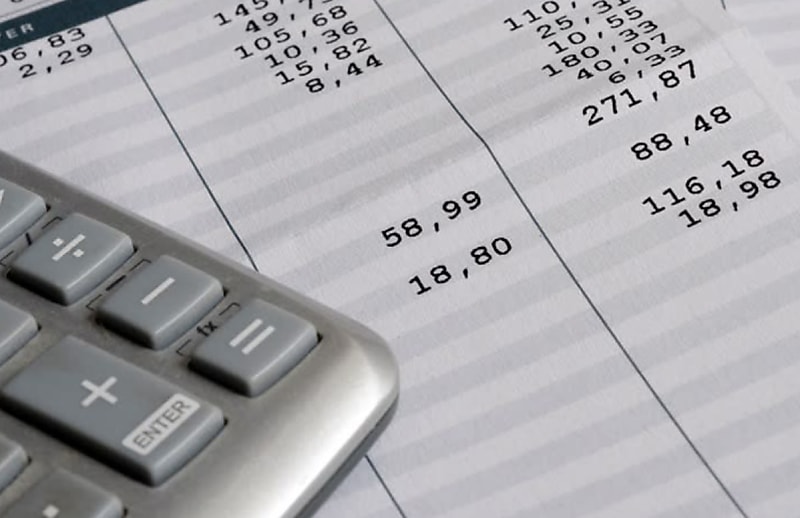High-profile wage failures ‘to drive up SGC penalties’
SuperThousands of workers have been short-changed so staff increasingly check their wages and super, says RSM Australia.

Super guarantee charge penalties are likely to rise further this year with high-profile underpayment cases prompting employees to check both their payslips, says RSM Australia.
RSM Australia national tax technical director Liam Telford said employers needed to be careful because SG payments were squarely on the ATO’s radar. It listed SG compliance as a key focus area in its annual report and said it was actively scrutinising STP data and that SGC penalties could be substantial.
“The ATO have the single touch payroll data at their disposal and they also have the hotline that allows aggrieved employees to contact them so this is something that tax practitioners and employers should be paying close attention to,” he said.
The ATO recently reported that a total of $973 million in superannuation guarantee charge liabilities were raised from compliance actions and employer disclosures of unpaid super.
The ATO finalised approximately 14,000 SG cases during the financial year, with around 90 per cent initiated by employees.
Mr Telford said some of the recent reports of wages and SG underpayment by larger corporate taxpayers were prompting employees to check they were being paid the correct amount of SG and report cases of non-compliance to the ATO.
The Fair Work Ombudsman (FWO) reported last month that it had recovered $509 million in underpaid wages for 251,475 workers during 2022–23.
More than half of the FWO recoveries came from large corporate and university employers who together back paid more than $317 million to more than 160,000 underpaid employees last financial year.
Mr Telford said it was critical employers got the payment of both wages and SG correct, with the underpayment of super one of the most heavily penalised tax obligations.
“The exposure arising from the underpayment of superannuation can amount to between five to seven times the actual shortfall,” he warned.
“That’s not just the difference between ordinary time earnings and salary and wages but a combination of interest, administrative penalties, Part 7 penalty and also the loss of tax deduction.”




